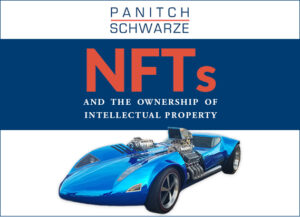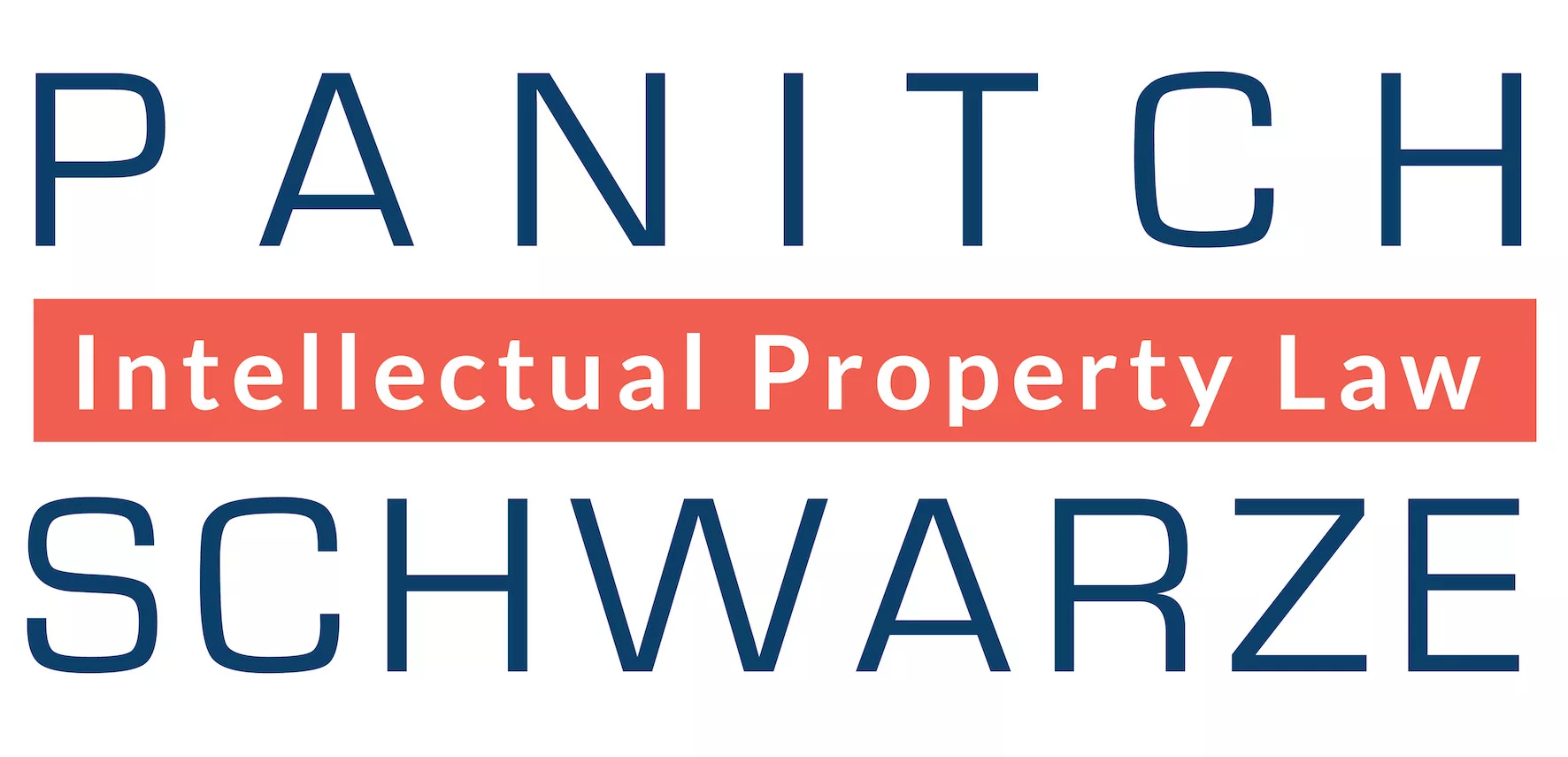
On June 29th, an auction for NFTs connected to famous Hot Wheels cars was concluded. I own an example of "Twin Mill," and I have seen the life-sized replica at the SEMA Trade Show in Las Vegas (See below.) So I was intrigued.
However, I wasn't surprised to learn that the NFT auction did not convey an example of Twin Mill. Rather, it conveyed unique ownership rights that corresponded to a piece of digital artwork.
In another auction, Barrett-Jackson auctioned off NFTs that relate to the first examples of certain significant production cars. The cars carry Vehicle Identification Numbers ("VINs") that end in 001 – indicating they are the first in a series. Keep in mind that the cars themselves were already auctioned off in March. The NFT auction in June was for the NFTs coupled with, "1 x exclusive video, 1 x illustration and 3 x still images, all relating to the historic sale of... VIN 001... for you to enjoy in your Motoclub digital wallet!"
So if you won either auction, then you didn't get a car or a model of a car. You also didn't get ownership of the intellectual property for the videos or the artwork. What did you get? And also, what the NFT sellers get? To answer that, here is a brief explanation of NFTs.
NFTs and Intellectual Property:

NFTs or "nonfungible tokens" are nothing more than pieces of computer code. But they are unique and can be traced and verified via blockchain technology. So it is easy to verify the owner of an NFT. In this way, an NFT is like a verifiable certificate of ownership of something unique.
The uniqueness is apparently where the value is created. Think of an NFT like a "positional good." The value of an NFT comes from its uniqueness, and the desirability of others to have it. A positional good is like a status symbol, where the status comes from an "I have it so you can't have it" desirability.
Stated another way, an NFT derives its value from being exclusive. "I have it and I can exclude others from having it."
No wonder that some immediately believe there is a connection between NFTs and intellectual property. Intellectual property is all about exclusive rights and monopolies. A patent gives the owner the exclusive right to make, use, or sell the patented invention. A copyright gives the owner (among other things) the exclusive right to make copies of the protected work, to make derivative works based of the protected work, or to publicly display the protected work. Trademarks exclude others from using a brand name that is confusingly similar to an existing brand name.
But NFTs do not automatically come with intellectual property rights to anything. The NFT for Twin Mill discussed above does not come with either a copy of the model car, or even the copyright for the NFT related artwork. Similarly, the NFTs for the VIN 001 cars do not come with either the cars, or the copyright for the NFT related videos or photos. What resides in a "digital wallet" is just an ordinary copy of the works.
To receive ownership of the intellectual property for the videos or photos – as opposed to just the piece of digital code verifying ownership of a copy – one would have to get that assigned from the copyright owner. There's nothing visible on the Mattel or Barrett-Jackson websites indicating that the winner of the auction receives an assignment of the copyright to the works. Similarly, nothing indicates that the copyright is licensed to the NFT owner for any purpose. So the NFTs are just pieces of verifiable code that relate to copies of works where the exclusive copyright resides with someone else.
What is the Value in NFTs for Intellectual Property Owners?
For me, ownership of a piece of code corresponding to automotive memorabilia isn't worth that much. I can't drive it or display it on my shelf. Any digital photos or videos can probably be seen somewhere online.
But for some, such verifiable code is desirable because it is unique and exclusive. So for those people, the market appears to be exciting. Indeed, for those people NFTs can have quite a bit of value. And that value can make money for intellectual property owners.
Take for example the NFT related to the "Disaster Girl" meme, which sold in April for half a million dollars. According to the New York Times, the family that took the photo retained the copyright. They will also receive 10 percent of any profits that are earned from the sale of the NFT in the future. What will they do with the money? Some will go to pay off student loans, and some will go to charities. That seems like a very good way to make money from a photograph for which one retains the copyright.
Going back to the Hot Wheels and VIN 001 examples above, the money generated from the NFT auctions can be seen as a new kind of revenue that can be used for any purpose. So the value of the NFTs may be more than just "positional." Rather, NFTs can be seen as a modern way to create a revenue stream that complements the exclusivity of any intellectual property rights.
Owners of intellectual property should therefore pay attention to the NFT market and consider how NFTs can be used in the future to receive revenue related to their creations.
The content of this article is intended to provide a general guide to the subject matter. Specialist advice should be sought about your specific circumstances.

